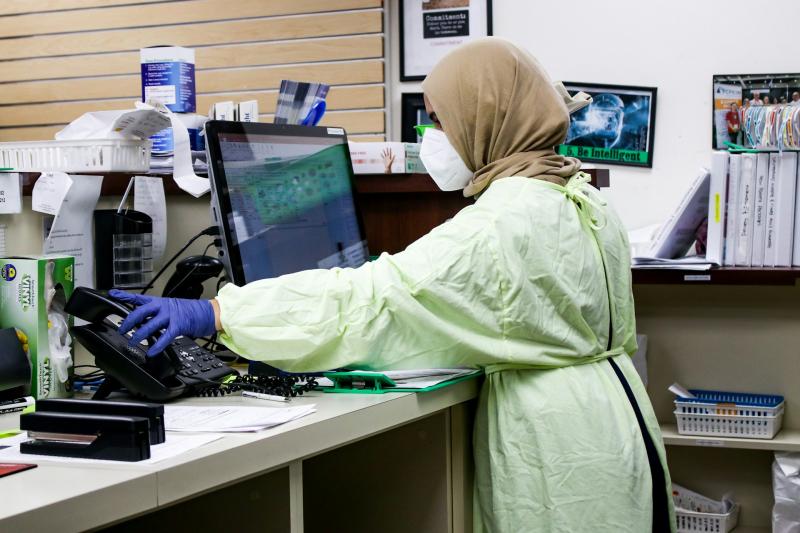What to Expect During and After Vein Treatment

If you're considering vein
treatment, knowing what to expect before, during, and after the procedure can
help you feel more prepared and at ease. Treatments for varicose and spider
veins have evolved significantly, offering minimally invasive options with quick
recovery times and impressive results. If you'd like to know more about Melbourne vein
clinics make sure you visit Australian Vein Clinics
During
the Vein Treatment Process
Modern vein treatments often
involve non-surgical, minimally invasive techniques, including sclerotherapy,
laser therapy, and endovenous thermal ablation. Depending on the treatment
method, a session can typically be completed within an hour, allowing most
patients to return home the same day.
For those undergoing
sclerotherapy, a mild solution is injected directly into the problematic vein,
causing it to collapse and eventually fade from view. Laser treatments and
endovenous thermal ablation use either light or heat energy to target and close
off the vein. Before starting the procedure, a specialist may numb the area,
making the process nearly painless, though some patients might feel slight
tingling or pressure.
Once the session begins, the
specialist will work carefully to ensure precision, targeting only the problem
veins without affecting surrounding tissues. Many find the experience to be
quick and comfortable, and with minimal downtime required, the treatments are
convenient for those with busy lifestyles. After completing the procedure, it’s
normal for the treated area to appear a little red or swollen, but these
effects are typically mild and fade quickly.
After
Vein Treatment: Recovery and Results
Following vein treatment, your
body starts the healing process, and while the veins don’t disappear
immediately, noticeable improvement is often visible within weeks. Light
bruising or minor tenderness at the treatment site is common but usually
subsides in a few days. Most people can resume normal activities right away,
although it’s advised to avoid intense exercise for a couple of weeks to ensure
optimal healing.
To support recovery, you may be
advised to wear compression stockings, which help promote healthy blood flow in
the legs and reduce the chance of complications. These stockings offer gentle
pressure to the area, aiding in reducing any swelling and enhancing comfort.
Hydration and maintaining a balanced diet rich in vitamins and minerals are
also beneficial in the recovery process.
In the weeks and months following
the procedure, you’ll likely notice the veins fading gradually, leaving
smoother, clearer skin. For some, multiple sessions may be needed to achieve
optimal results, especially if there are numerous affected veins. Routine
follow-ups with your vein specialist can help track progress and ensure
long-term success.
Conclusion
Vein treatment is an effective way
to address both cosmetic and health concerns related to varicose and spider
veins, providing a clear path to smoother skin and increased comfort. With
minimal discomfort and downtime, it’s an accessible option that fits seamlessly
into everyday life. By knowing what to expect before, during, and after
treatment, you can approach your sessions with confidence, knowing that lasting
results are well within reach.
Post Your Ad Here